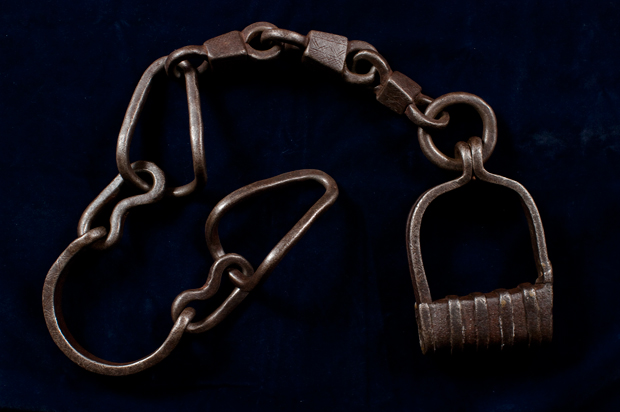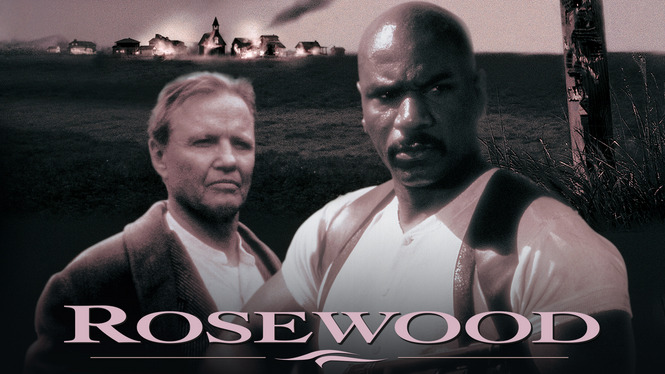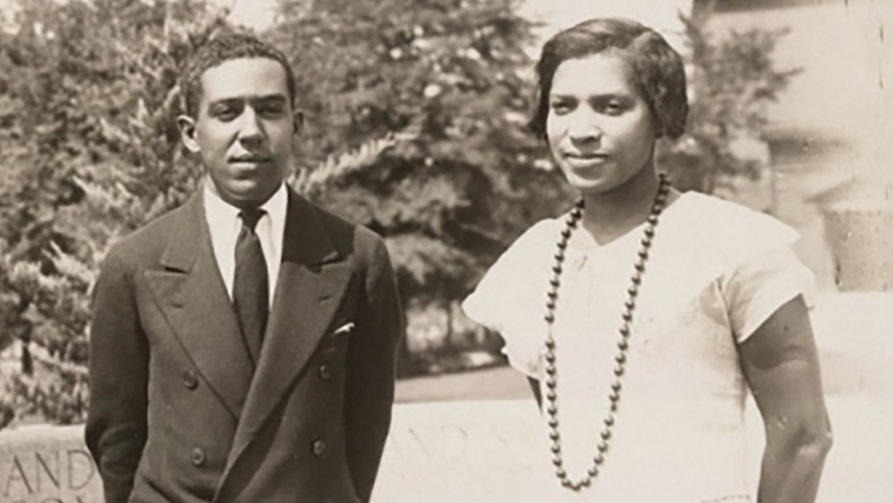
One of the most interesting documents ever collected by the United States Census is the 1860 Slave Schedule. In the 1860 Slave Schedule the U.S. sought from holders of human beings held against their will in captivity, a list enumerating slaves who were 100 years old or older. As laid out in the fascinating Rootsweb page linked here: http://freepages.genealogy.rootsweb.ancestry.com/~ajac/slave100up.htm
Longevity
First, as a side note many individuals listed should be included on the list of the oldest people to ever walk the Earth. Of the named slaves held in captivity, Phillis, in the state of Mississippi, is listed as 135 years old. Which would make her among the oldest documented people to ever walk the Earth. https://en.wikipedia.org/wiki/Oldest_people Another unnamed person being held as a slave in Mississippi is listed as 150 yrs old! There’s also a woman named Rose in Virginia listed as 130 years old.
African
Second, some of the notes on the captive men and women are fascinating. Notes pointing out that the captives were born in Africa are particularly interesting as these were living and breathing witnesses to the destructive breadth of the slave trade and slavery itself. They were captured. They survived the horrific slave ships on that journey of no return. They survived the unbearable forced labor, forced raping, forced removal of children. They endured unimaginable suffering and loss. Loss of people, culture, and land they would never see again.
Consider Billy a human being held captive in the state of Georgia, age 120, the notes indicate that he “come to U.S. before Revolution; from Africa; lively and active”. “Eve Cartwright is 103 yrs old, has been blind for five years. She is from Africa & directly remembers several battles fought in the Revolutionary War.” Charles, 105 years old, “Charles the property of Tyne J. Spann supposed to have been born in Africa is active and sprightly and works every day at his own will, enjoys all his sense fully.” Joe, age 101, captive in Georgia, notes indicate, “born in Africa also includes 85 black male Luke born in Africa.”
After one reviews the 1860 Slave Schedule one cannot help but realize that the slave trade did not happen that long ago. Slavery in the United States continues to reside in our collective and individual consciousness as a nation. My grandparents’ enslaved grandparents shared the fields with some whom Africa was not merely a birthright, or a dream, Africa was home.
There’s more. Take a look at the story of Sylvester Magee who died in 1971 as the last American Slave, at the age of 130 See https://books.google.com/books?id=bLEDAAAAMBAJ&pg=PA10&lpg=PA10&dq=America%E2%80%99s+Oldest+Citizen+Dies+in+Mississippi+at+130%22&source=bl&ots=zlXMj251-Y&sig=XtOficb0uElNmj4wRfZT86U_Ju4&hl=en&sa=X&ei=daHSVMfrBIqqggTzlILgCw&ved=0CCcQ6AEwAQ#v=onepage&q=America%E2%80%99s%20Oldest%20Citizen%20Dies%20in%20Mississippi%20at%20130%22&f=false
He was able to recount in great detail his involvement in the Civil War without being able to read or write.
1870 Census
Another great resource in looking at the convergence of genealogy and slavery is is to search through the 1870 Census. The 1870 Census provides information not on just those newly freed but those who survived the middle passage and were “born in Africa”. Type in Africa as the place of Birth on the 1870 census. These are the names and location and ages of people who directly survived the Transatlantic Slave Trade and forced slavery. As you will notice some were born before the United States was even a country.
For African Americans not sure where to start in your genealogy journey try a good place to start is with the black descendants of the 1860, 1870,1880, and 1890 Census. These coupled with records from the Freedmen bureau should be helpful.
For more see: Freedmen Bureau https://www.archives.gov/research/african-americans/freedmens-bureau
***











